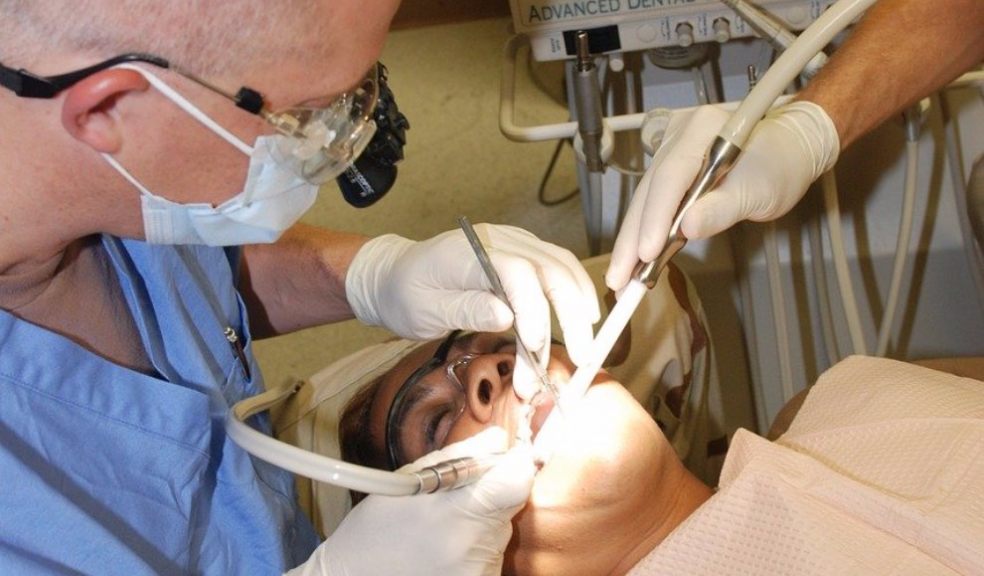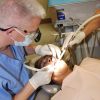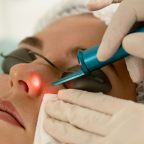
Why skipping professional dental cleaning increases treatment costs in the long run
Few would argue against the value of good oral health, and the long-term benefits it has for general health and wellbeing. Unfortunately it is also the case that many people struggle to achieve this because of fears over the professional dental cleaning cost, which can be quite an expensive outlay for what seems like a routine procedure. But with many people now at risk of letting things slip in their dental health, due to busy lifestyles and unhealthy diets, it is important to weigh this dental cleaning cost against the cost of tooth decay and disease.
With the risk of exposing teeth and gums to severe conditions such as periodontal disease, professional dental cleaning is available at many dental clinics – and while many people might look at dental cleaning costs and question if they really need it, professional clinical opinion points towards its vital role in preventing serious disease, gum recession, infections and irreversible bone loss.
How much does professional dental cleaning cost?
There has been much debate about professional dental cleaning costs, with the situation in the UK complicated by the presence of private and public healthcare systems, where costs differ. In England, a report found that one in five patients was actually overcharged for their treatment, and that there was widespread evidence that dentists were not sufficiently upfront with patients on the likely dental cleaning costs. Many patients also reported confusion over the difference between private and public (NHS) treatment charges.
A useful comparison guide details the differences in these dental cleaning costs, with the NHS price for a hygienist clean and scale and polish listed as £22.70 (band 1 – which covers basic treatments, where necessary) and £62.10 for band 2 treatments, which are required for more intensive cleaning and deep scaling. Privately, these charges range from £25 to £85 and usually involve a longer appointment and a more thorough clean.
In the US, comparison guides list professional dental cleaning costs at around $75 to $200, which can be influenced by location and the specific dentist. Standard cleanings, otherwise known as prophylaxis or dental scaling, are usually included as part of regular dentist appointments and while not as intensive as a specialist, longer professional clean, are a way of saving on dental cleaning costs by rolling the treatment up into routine dental care. Other dental cleaning costs to consider are one-off charges of $50 to $200 for an initial consultation, and $25 to £250 if x-rays are needed.
A full-mouth debridement will also usually be required if there has been extreme build-up of plaque and tartar, which is another reason why people should stay on top of routine dental cleaning and consider professional cleaning. With a full-mouth debridement costing between $75 to $150, in the long-term it is an expensive consequence of trying to avoid dental cleaning costs. This procedure involves build-up being cut away from underneath or around the gum line, and is vital in avoiding serious disease. At the forefront is periodontal disease, which if left untreated can lead to highly severe conditions such as diabetes, heart disease and even dementia.
Another factor that can add to the dental cleaning cost is whether or not a highly intensive deep cleaning is required. A full mouth job – where each quadrant is given an intense focus of cleaning attention – can cost up to $4,000. If antibiotics are needed, this can increase the cost again, from $35 to $85 a tooth. Dental insurance may cover all these costs, but patients should check their individual policies on this.
Is a professional clean really needed and is it possible to save on dental cleaning costs?
Oral health specialists are there to carry out a thorough clean, aimed at addressing numerous issues caused by people applying too much pressure with the brush, which can lead to bleeding gums and gum recession, or a notorious habit of rushing the cleaning process, which can cause areas to be missed. If these occurrences are left unchecked, it will likely lead to plaque build-up – and if this is substantial, it may already be too late to avoid the consequences.
This will then naturally lead on to even more expensive procedures such as tooth extractions, dental implants, dentures or root canals. And while not everyone has dental insurance, there are other recommendations for saving on dental cleaning costs without causing risks to oral health. Spacing out visits to the dentist without actually skipping sessions can be beneficial, providing the patient is not prone to gum disease by being diabetic or a smoker, while it can also pay to ask the dentist about the specific dental plan – is every treatment listed in there really necessary?
While dental cleaning costs can be high and could tempt people into skipping treatment, the consequences for oral health cannot be dismissed and may lead to higher costs further down the line.



















